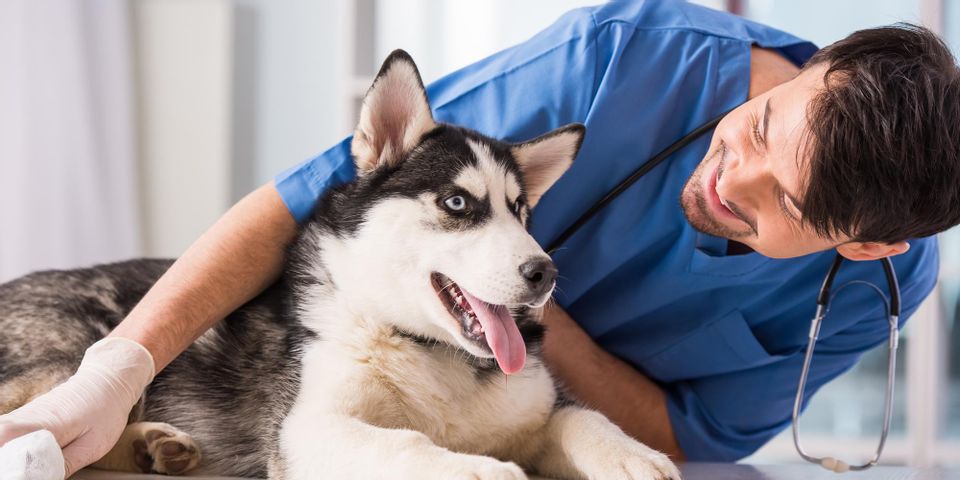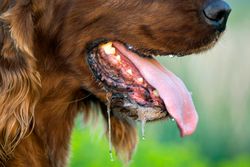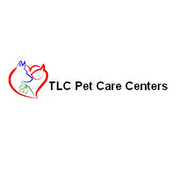
Unlike people, you will never hear your dog complain about a toothache. Your canine companion counts on you to care for their oral needs, including tooth brushing, healthy treats, and trips to the veterinarian for regular dental checkups. The most common oral condition affecting dogs is periodontal disease, which can lead to tooth loss, pain, and infections. Most dogs will show signs of the disease by the age of three, but preventive dental care can hold the condition at bay. Otherwise, dog owners should be aware of dental disease symptoms that can affect their furry friends.
What Are the Signs That Your Dog Needs Dental Service From a Veterinarian?
1. Bad Breath
Extreme bad breath in your canine can be the result of an oral infection. Dental chews and treats are excellent for breaking down harmful bacteria that can cause stinky breath, while water additives will rinse their mouths clean of harmful germs and lessen bad odors.
2. Excessive Drool
 An extreme amount of drool is known as ptyalism. Humans and canines are susceptible to the condition, which can be a sign of dental diseases such as mouth tumors, trauma to the tongue, and infected teeth. If your dog is drooling more than usual, inspect their teeth and gums for signs of disease.
An extreme amount of drool is known as ptyalism. Humans and canines are susceptible to the condition, which can be a sign of dental diseases such as mouth tumors, trauma to the tongue, and infected teeth. If your dog is drooling more than usual, inspect their teeth and gums for signs of disease.
3. Swollen Gums
If you notice your dog’s gums have become red or inflamed, a visit to the veterinarian could be in order. An infected tooth can cause the side of your dog’s face to swell up, requiring dental X-rays and ultrasonic dental scaling to find the issue while your pet is sedated.
4. Plaque & Tartar on Teeth
The initial cause of periodontal disease in your canine is plaque. The substance forms on teeth from a surplus of bacteria in the mouth and is exacerbated by minerals in saliva until it hardens into tartar. As plaque and tartar multiply under the gum line, they can lead to tooth loss and tissue damage if the issue is left untreated.
5. Difficulty Eating
Even dogs are inclined to skip a meal periodically, but if your pet turns away from food too often, it may be time to consult your veterinarian. Tooth pain can make even the hungriest dog reluctant to chew, so pay attention to their eating habits to determine if they need dental care.
For comprehensive animal care across the Tri-state area, look no further than TLC Pet Care Centers in Cincinnati, OH. With two locations staffed with expert veterinarians, TLC Pet Care Centers are the preferred location for pet dental care, pet surgery, and a growing list of stress-free pet wellness resources. Visit their website for preventative care options or contact one of two locations at (513) 825-4011 (East), and (513) 825-4011 (West).
About the Business
Have a question? Ask the experts!
Send your question

